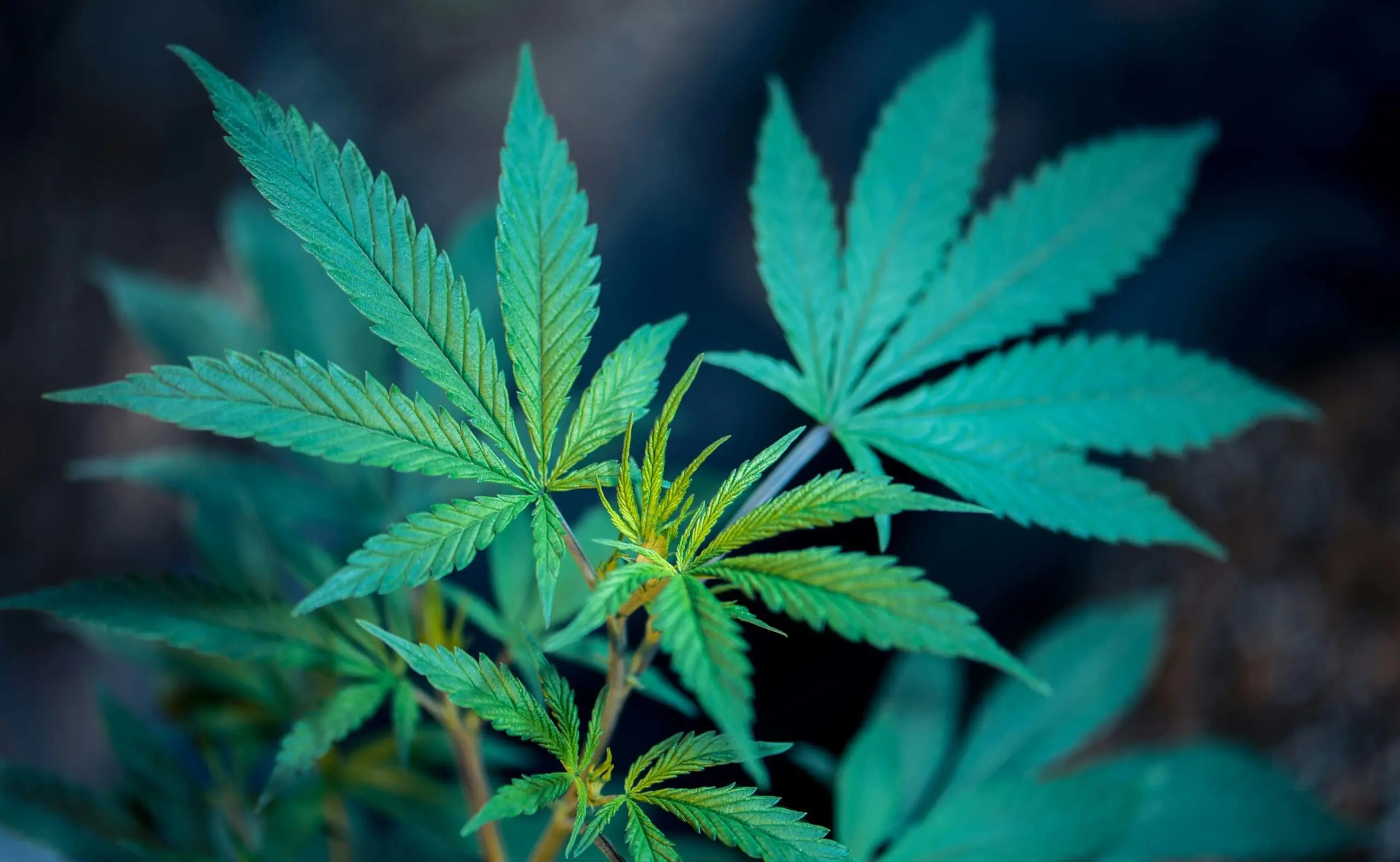Politics
Minnesota Attorney General Defends Signing Letter Urging Congress To Ban Hemp THC Products Amid Industry Pushback

The Democratic attorney general of Minnesota is defending his decision to sign a letter to Congress along with 38 bipartisan colleagues from other states and U.S. territories that calls for a federal ban on the sale of intoxicating hemp products.
Evidently receptive to criticism from the hemp industry and its supporters, Attorney General Keith Ellison (D) said his endorsement of the letter last week generated “some confusion.” It struck some as odd that top prosecutors from states that have robust regulated hemp markets such as Minnesota would encourage the federal recriminalization of such products.
Ellison started by reiterating that he supports the state’s adult-use cannabis law, as well as “Minnesota’s THC edible industry that follows state law, supports businesses, farmers, and entrepreneurs.”
“One of the primary reasons I signed onto the letter is to ensure this industry continues to thrive,” he wrote in a blog post, adding that Minnesota took early steps to legalize the hemp edible market that put in place regulations promoting public health and safety, while deterring youth access.
But while Minnesota might be positioned to effectively regulate intoxicating hemp products, the attorney general said a “problem that has arisen is the fact that a 2018 loophole in the Farm Bill passed by Congress ended up accidentally legalizing a wide variety of THC-based, hemp-derived intoxicants.”
“Since the Farm Bill’s legalization of hemp-derived intoxicants happened unintentionally, Congress did not put in place any quality-control standards to protect consumers,” he said.
“Minnesota’s legalization of THC edibles was smart and safety-conscious, and unfortunately the loophole created by the federal government is anything but. As a result, there are highly potent THC products entering Minnesota that are being marketed to children, and I won’t stand by and let out-of-state businesses prey on young Minnesotans.
My intent in signing the letter is to urge Congress to close that loophole. This will help prevent out-of-state companies from ignoring Minnesota’s carefully crafted THC regulations and selling harmful products in our state.”
There’s generally consensus around the idea that intoxicating hemp products should be regulated in a way that prevents youth use and ensures public health and safety, but industry stakeholders say an outright ban on hemp with THC would deal a fatal blow to the marketplace.
Ellison’s office was asked by The Minnesota Star Tribune’s Nuggets newsletter what it would mean for the state’s hemp businesses if Congress followed through on the attorneys general coalition letter’s demand to prohibit intoxicating hemp product sales altogether.
“The office supports an explicit federal carve-out for states with adequate regulatory schemes in place,” a spokesperson said. “Failing that, the next best alternative would be an enforcement discretion memo like the Cole Memo, making clear that entities following state laws will not be targeted for enforcement at the federal level.”
That policy preference wasn’t articulated in the letter, however, and it’s not clear how many of the other attorneys general who signed it agree with Ellison on the matter.
State Rep. Nolan West (R) told the Star Tribune that while Ellison says he doesn’t want an all-out prohibition, “by joining that letter he puts support behind those in Congress who want a total ban. This puts a multibillion-dollar industry at risk.”
The big box retailer Target, which is based in Minnesota, recently began a pilot project of selling hemp-derived THC beverages in certain stores within the state.
Meanwhile, as Congress continues to navigate a path forward on funding legislation to end an ongoing government shutdown, lawmakers are still at work attempting to reach a deal on federal hemp laws—with one GOP senator telling Marijuana Moment that multiple options are on the table, though it will ultimately come down to what leadership wants.
Two GOP lawmakers—Sen. Mitch McConnell (R-KY) and Rep. Andy Harris (R-MD)—have pushed aggressively for an outright ban on hemp products containing THC. But others such as Sen. Rand Paul (R-KY) have insisted that such a policy change would devastate the industry. And Paul said recently he’d go so far as to hold up large-scale spending legislation if a full ban was kept intact.
The senator also pushed back against the recent letter from the state and territory attorneys general who implored Republican leaders to fully prevent the marketing of intoxicating hemp products.
“Some of them came back from states that have completely legalized marijuana, and they’re going to ban hemp? I mean, it’s just ridiculous,” he said. “So they prefer people to use a much higher dose of THC from cannabis than lower-dose hemp products. It doesn’t make any sense.”
—
Marijuana Moment is tracking hundreds of cannabis, psychedelics and drug policy bills in state legislatures and Congress this year. Patreon supporters pledging at least $25/month get access to our interactive maps, charts and hearing calendar so they don’t miss any developments.
![]()
Learn more about our marijuana bill tracker and become a supporter on Patreon to get access.
—
As far as legislative options go, Paul did put forward legislative language recently to require a study and report on state regulatory models for hemp that could inform future revisions to the federal law—rather than prohibit sales altogether, as McConnell would have it.
In August, McConnell–who ushered in the federal legalization of hemp under the 2018 Farm Bill–took to the Senate floor to criticize those who opposed the ban, including Paul.
Meanwhile, Paul recently filed a standalone bill that would go in the opposite direction of the hemp ban, proposing to triple the concentration of THC that the crop could legally contain, while addressing multiple other concerns the industry has expressed about federal regulations.
The senator introduced the legislation, titled the Hemp Economic Mobilization Plan (HEMP) Act, in June. It mirrors versions he’s sponsored over the last several sessions.



